“Everything has been taken away from us for the crime of being a girl.”
AFP
9 Dec, 2024
Pregnant women waiting at the Doctors Without Borders (MSF) corridor-run maternity hospital in Khost. Photo / AFP
For Saja, studying nursing at a healthcare institute in Kabul was her last lifeline to make something of herself after women were banned from universities in Afghanistan two years ago.
But the Taliban-run regime has crushed this ambition by ordering, according to multiple sources, the exclusion of Afghan women from medical training, sparking panic across institutions.
When she heard the news, Saja, who had been at university before women were barred, said it felt like “reliving the same nightmare”.
“This was my last hope to do something, to become something,” said Saja, not her real name.
“Everything has been taken away from us for the crime of being a girl.”
The authorities have made no official comment or confirmation, nor have they responded to the numerous condemnations and calls to reverse a decision that further blocks women’s access to education.
Since their 2021 return to power, the Taliban militants have imposed reams of restrictions on women, making Afghanistan the only country to ban girls from education after primary school.
Directors and employees of health training centres have told AFP they were informed in recent days of the order, issued by the Taliban supreme leader and passed down verbally by the Health Ministry, to expel women students until further notice.
Institutes across the country – which many women had turned to after the university ban – were given a few days to organise final exams.
But without an explicit announcement or document clarifying the rules, confusion reigns.
Some institutions told AFP they would operate as normal until they received written orders, while others closed immediately or scrambled to hold exams before shutting down.
“Everyone is confused, and no one is sharing what is really happening,” said Saja, who was in her first year at a private institute.
“We have been given two or three exams each day ... even though we already finished our exams a few months back,” said the 22-year-old, adding they had to pay fees to sit the exams.
Ministry has 35,000 women students
“We received a lot of concerned messages from students and teachers wanting to know what is going on and asking ‘is there any hope?’” said the director of a Kabul private institute with 1100 students, of which 700 were women.
“No one is happy,” he told AFP from his office steps away from women’s classrooms, where the last lesson on the board advised how to manage stress and depression in patients.
According to a source within the Health Ministry, 35,000 women are currently students in some 10 public and more than 150 private institutes offering two-year diplomas in subjects including nursing, midwifery, dentistry and laboratory work.
The Norwegian Afghanistan Committee non-governmental organisation, which trains 588 women in institutes managed in collaboration with the ministry, was verbally informed classes were “temporarily suspended”.
This has to be taken “equally seriously as a written document”, said the committee’s country director Terje Magnusson Watterdal, adding that “there are a lot of people high up within the current Government that are quite opposed to this decision”.
He hopes, at the minimum, public institutes will reopen to women.
International organisations such as the United Nations, which has said Afghan women are victims of a “gender apartheid”, have already warned of devastating consequences of the plan, in a country where maternal and infant mortality are among the world’s highest.
If implemented, the reported new ban by the Taliban Islamic extremists, “will undoubtedly lead to unnecessary suffering, illness, and possibly deaths of Afghan women and children, now and in future generations, which could amount to femicide”, UN experts warned.
‘Taken everything from us’
Midwifery students are especially passionate about their studies, according to Magnusson Watterdal.
“So many of these young women have been motivated to become a midwife because they have lost a mother or an aunt or a sister in childbirth,” he said.
“It’s not just a profession that you choose, it’s a vocation. So, of course, there’s great desperation” among students and staff.
Small protests have been held in parts of Afghanistan, according to sources and images circulated on social media.
Assal, another student using a pseudonym, received an expedited diploma last week but has little hope of finding a job in a country where unemployment is widespread and opportunities for women are increasingly limited.
“I wanted to practise medicine and study further,” the 20-year-old told AFP.
“They had already taken everything from us. Next thing we won’t even be allowed to breathe.”
- Agence France-Presse


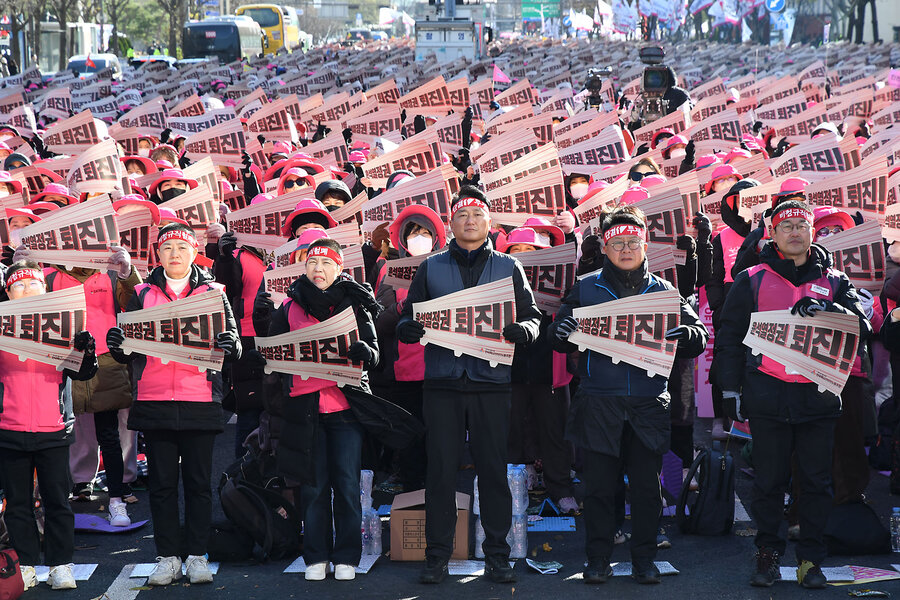
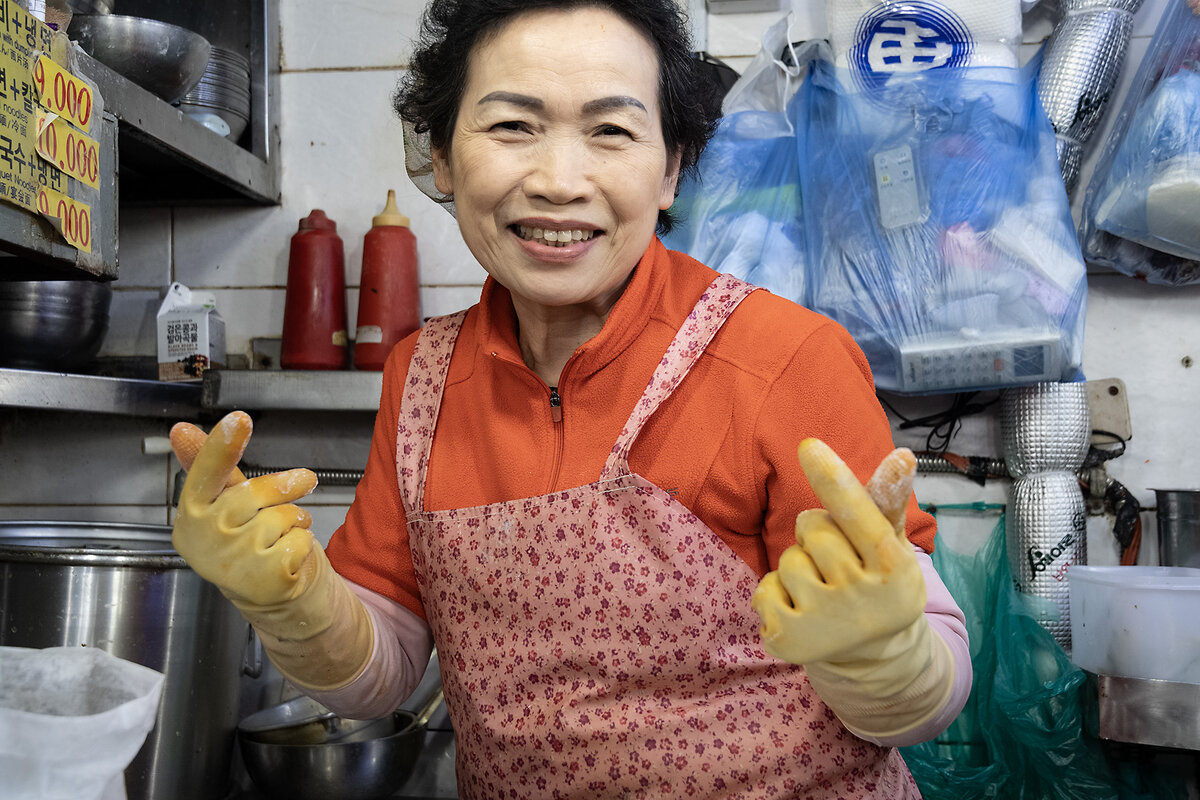
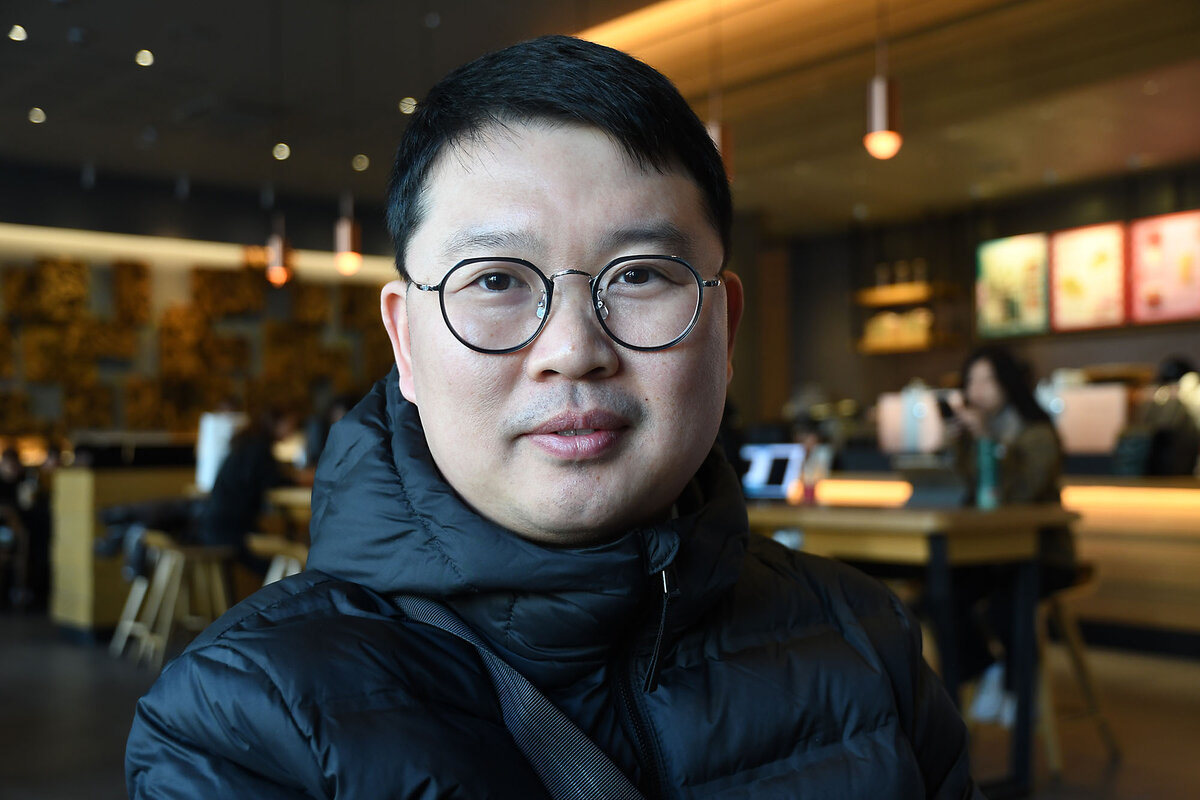
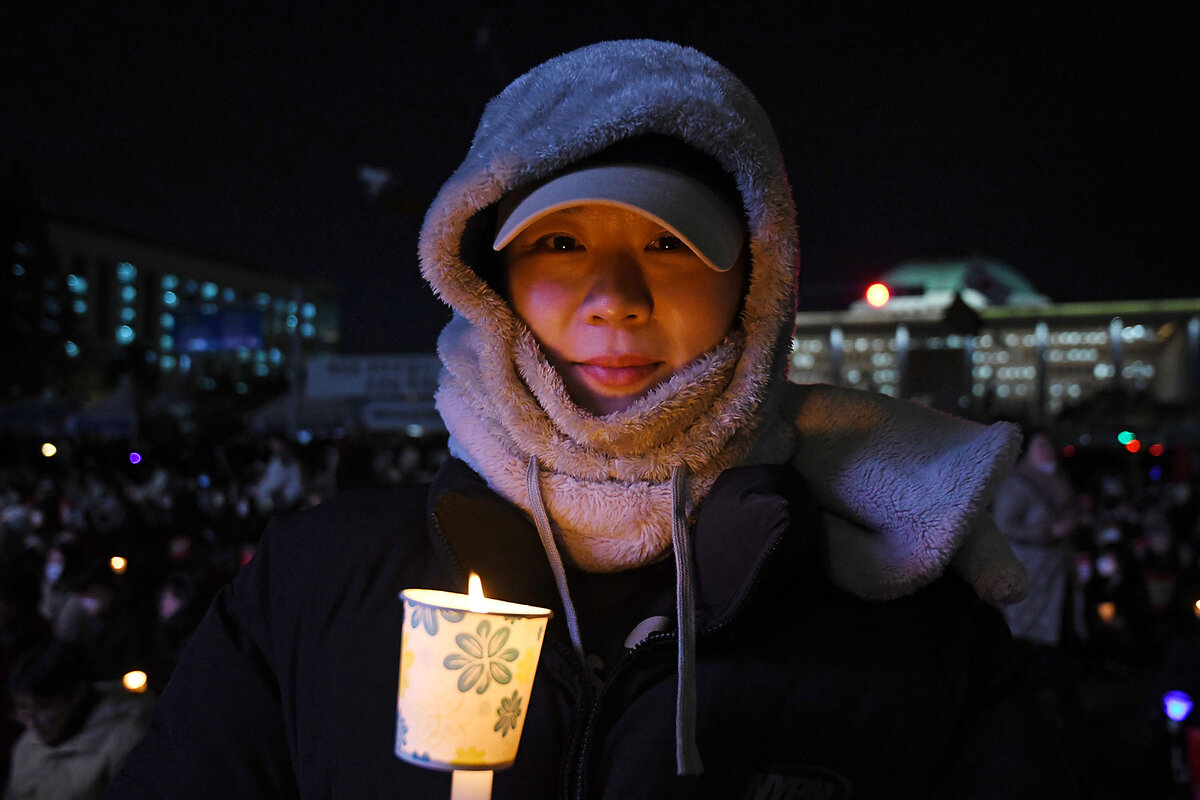
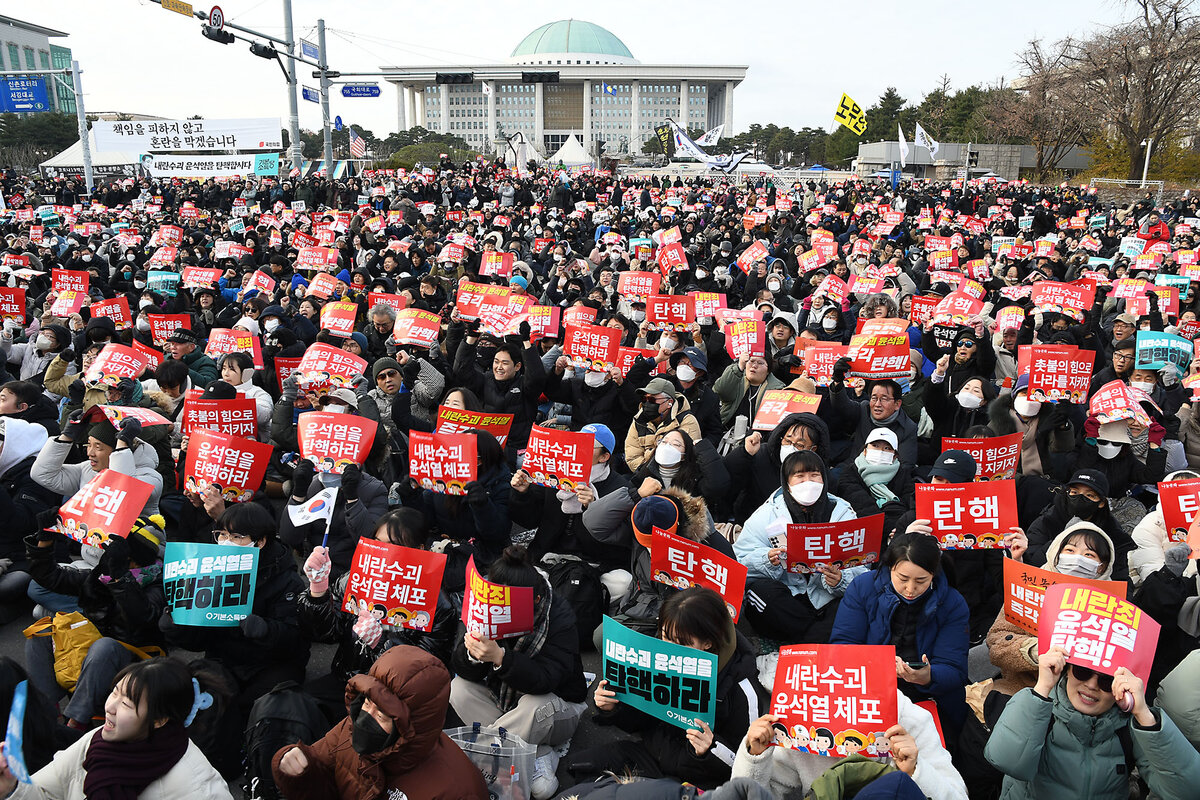

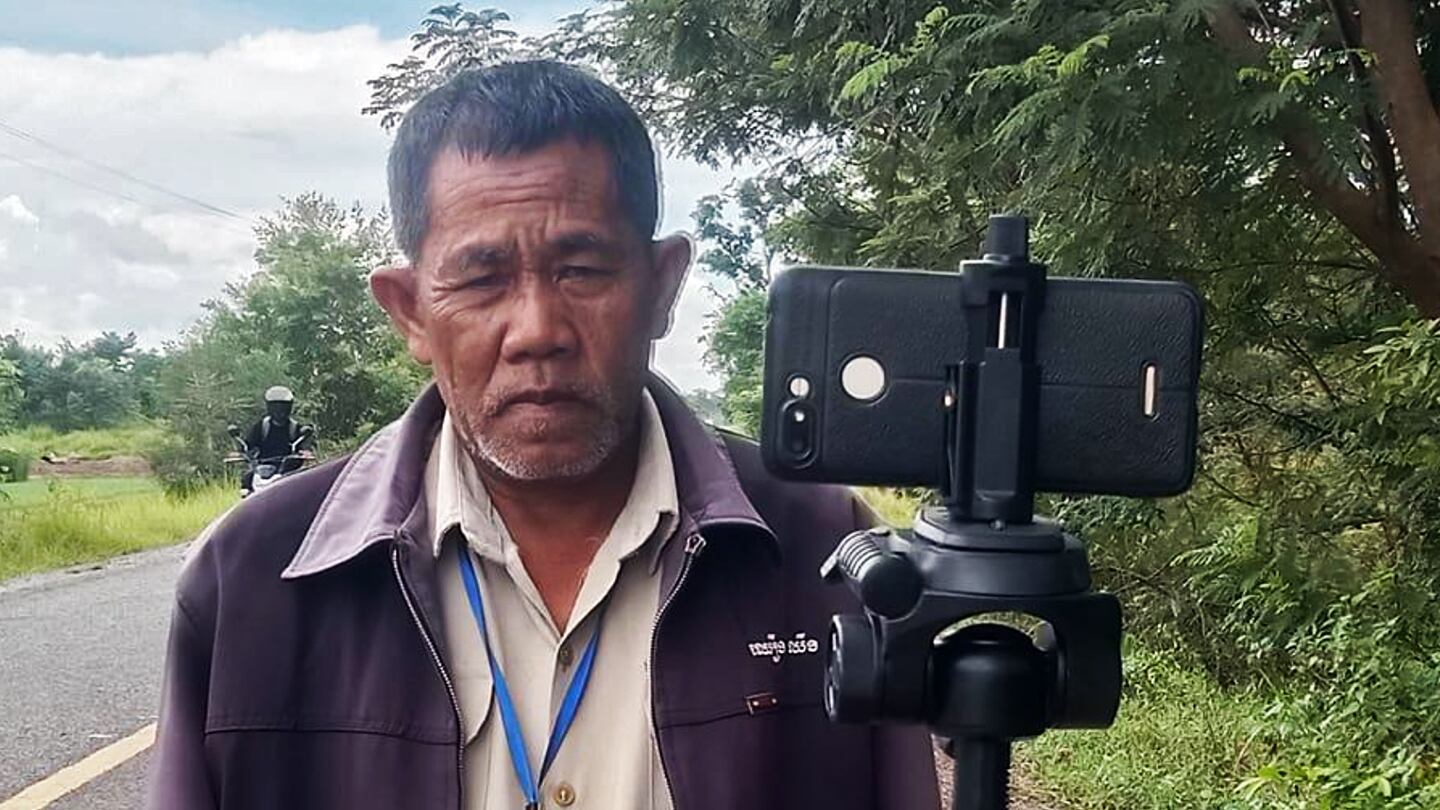

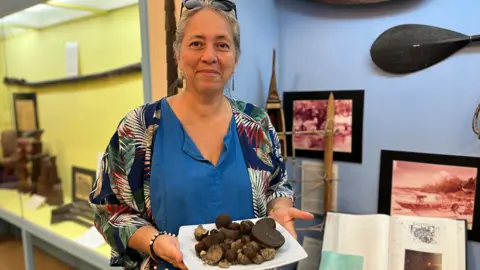 BBC/Lindle Markwell
BBC/Lindle Markwell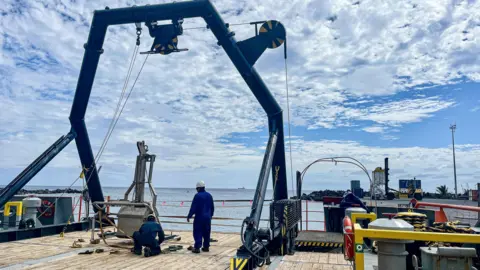 BBC/Lindle Markwell
BBC/Lindle Markwell BBC/Lindle Markwell
BBC/Lindle Markwell

